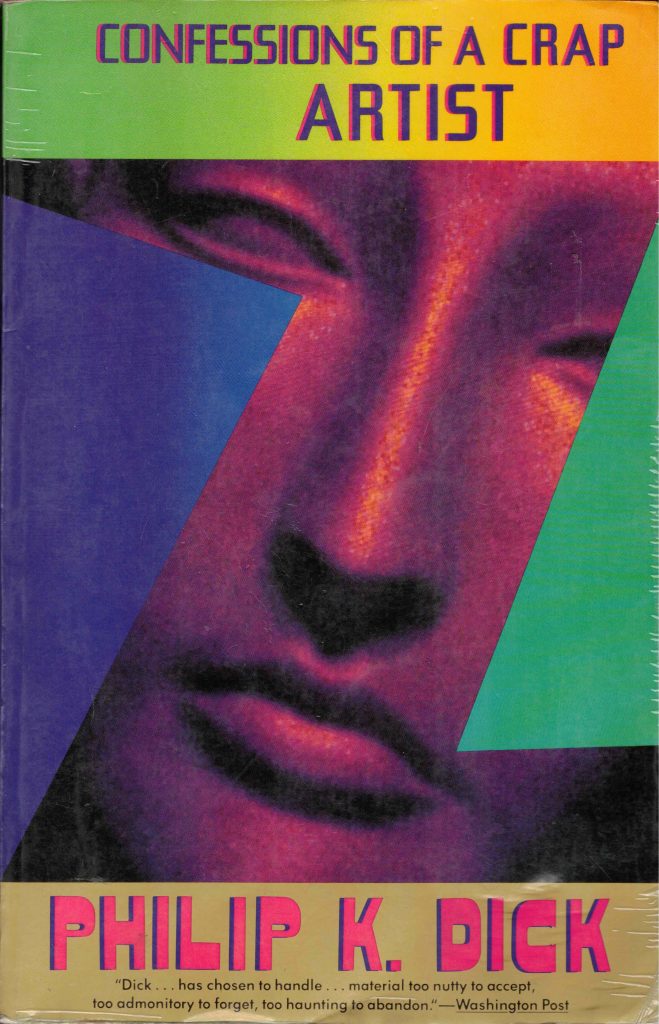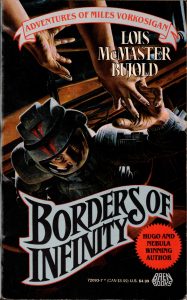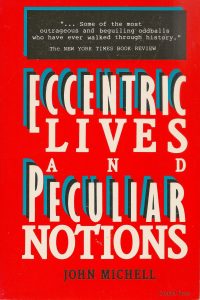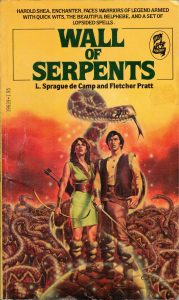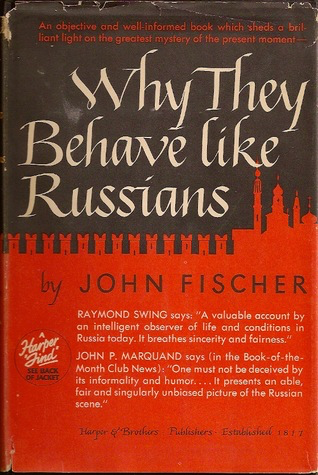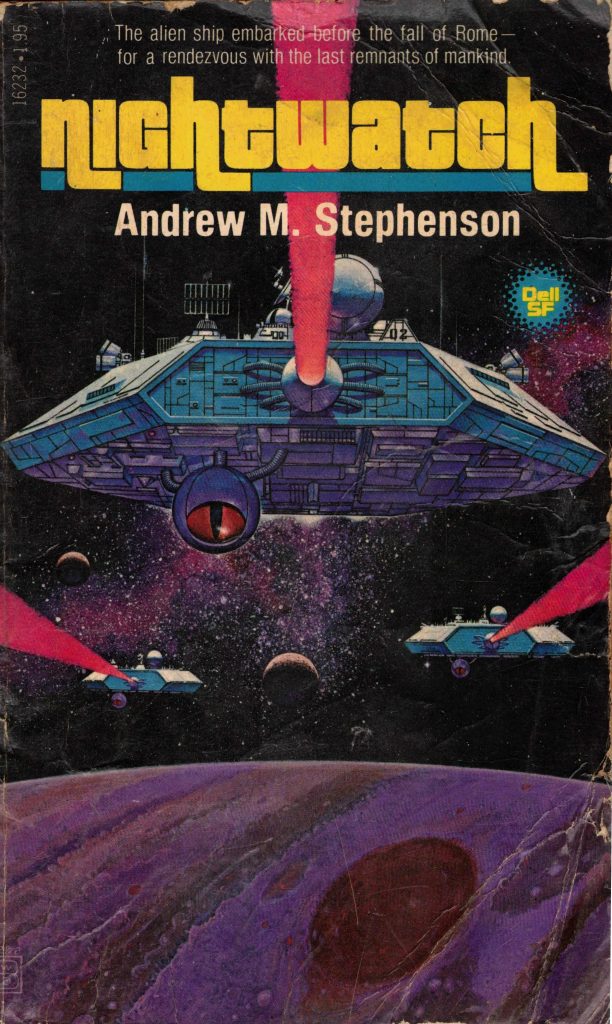or, Through the mirror of Curt Hopkins’s poetry, and what I found there
The first book of poetry by Curt Hopkins, The Dog Watches and other poems, shows off this American writer’s talent for picking out the poetic shards of life from the collision between humans and the onrushing train of time and thought. In the title poem (which occupies over half the pages in this slim volume) as well as the ‘other poems‘, Hopkins proves himself a true poet: a seer with a telling eye for detail, a perfectly tuned ear for sound and sense, and a heart in love with words and language. The vision offered here is one of regretful sighs and loneliness in the big city, of the persistence of hope in the face of overwhelming evidence, the end of dreams, and the emptiness between streetlights and stars. You should read this book; you can buy it here.
People come with complicated dreams
And leave with much less complicated failures.
from “A New Jerusalem”
Curt Hopkins has been writing for as long as my daughter has been alive, longer, and that is a very long time indeed. Besides poetry, he’s written much on technology (in its current sense of computers and that ilk), as well as criticism, journalism, and plays. Yes, plays. He is also the greatest living authority on the surrealist works of Bob Folder, a quite possibly fictional personage of no small poetic talent himself. In The Dog Watches and other poems, however, Hopkins remains focused on the biggest of the big questions, so big that even asking them leads to even bigger questions. This book is his answer.
But who was the man I was when I was a man,
Before, when I was nobody, but before I was nothing?
from “The Dog Watches: V. Excavation”
As I shall dilate upon more at the end of this book report, I am not the best reviewer of poetry. My skill at exegesis is poor, like the dull knife that no longer holds an edge in your kitchen drawer that you haven’t brought yourself to throw away yet. Please remember as you read my words that much of what I say may be eisegesis instead of insight, and that you would do much better to read The Dog Watches and other poems yourself. Really, what’s stopping you? It’s only $5 bucks for the Kindle version, if you read stuff in that format. The link is right up there in the first paragraph above.
The hollow-eyed children of the Place Vendome
Have their tailor-made sackcloth and ashes
from “On moving to Paris to start a wan tubercular literary journal”
These poems ask “Who am I?” like a pestering child with frangible dreams and implacable persistence. Like a modern Zen koan, the verse of Hopkins holds up a mirror and asks: Who were you before you were born? Like most koans, the question itself is the answer, though the poet brings enough Whitmanesque solipsism to the page to push back the encircling shadows of doubt and darkness that threaten us all.
The world is what I say it is
And what I say today is this:
* * *
even if awareness
Ends and never is reborn,
A thing thought stays thought,
Not as thought and not as thing,
Beyond the touch of time until
That time itself shall end
And still that thing shall not.
from “A history of non-existent objects”
The “touch of time” is ever present in these tender slices of poetry, threatening to subsume life in its awful embrace, leaving only memories and then not even those. Many of these poems describe the most difficult subject imaginable, the interstitial emptiness between galaxies and souls, that longing isolation that has engendered much poetry, though rarely of the great quality found here.
A lonely proposition, life.
You lean your head against the rainy light,
The windows cold as space between the stars
from “Rain from another country”
The title poem of the book, “The Dog Watches”, is a six-part (seven if you include the preface) threnody or perhaps a paean on death and dying, about the passing of friends, culture, Buddhas, dreams. It is an appropriate work for a poet who spent so much time in the San Francisco Bay Area, and who thus can see the ruins left behind by the collapse of the twentieth century. Each section deals with death—his death, her death, my death, our death—and struggles with the tension between the accomplishment of finality and the continual failure of living.
God forgive us for the multitude of deaths
Our lives leave in their wakes,
Including our own, including our hopes’.
from “The Dog Watches: III. The world is the celebrated boy”
A sharp though sweet loneliness permeates these verses, a contemplative judgment somehow unadulterated by melancholia. Hopkins sinks often into reflection, but never into gloom. Even in his darkest thoughts upon the human condition, he never forgets that each of us has his or her own unique loneliness, and somehow this observation becomes an affirmation in “The Dog Watches”.
Each man and woman waste their life a different
Way
from “The Dog Watches: I. The ape, upright”
This title poem starts off with a bang, with the end, with death and death and death. A three-time loser is the subject of the first section of Hopkins’s long poem. We all have—or will have—this experience with the death of a friend, that death which will always nag at our consciousness like a missing tooth, that death which may define our life, if we’re not careful.
He’s dead, irretrievably dead,
Irrevocable, third-hand and involuted,
Not simply dead, he failed and died and failed
Again and died again, until he finally
Died for good, went down and stayed there.
from “The Dog Watches: I. The ape, upright”
But in this opening section the poet promotes the difficult idea that it is only in death that we become whole, become important, have meaning, that only after we die can our lives and our purposes be fulfilled. I personally find this idea impracticable and unreasonable; my own experience is that the dying fade from the memory like … well, I don’t know what, I’ve forgotten. But poetry should make us face up to uncomfortable ideas, and maybe my own resistance to this one is only a vote for nervous nihilism as opposed to what I imagine is an egotistical solipsism. Hopkins’s premise seems to be that death is what is real, while life is merely fluid and faulty.
Life’s predictable
And dull until it ends, at which point
It grows green, pale as a melon rind
And never-ending, revisited. Life,
As it is lived, is inevitable and cramped,
But inasmuch as it has ended, it begins.
ditto
What is Hopkins talking about, however, speaking of death, save lonely life? In “The Dog Watches” as well as many of the other poems included in this book, the “Who am I?” question preponderates, and perhaps he is intimating in this opening section, “The ape, upright”, that this question can only be answered after the fact, and then only by those who are ‘not-I’. Life as lived may not be illusive or delusive, but certainly seduces and distracts from the crux of our precarious situation.
(Any more of poison life and I’ll
Develop credibility, brand
Loyalty, and wisdom, the vulgarity
Of believing yourself when you speak.)
from “The Dog Watches: I. The ape, upright”
In our strange time after the collapse of meaning, the poet asks what substitute we can find. It is not entirely clear whether there is a substitute, or if words still have power. Substitute for what? The past centuries and the now collide and we are but innocent victims and guilty bystanders.
Gigantic statements are useless to us now
But what shall we replace them with? Does
A desultory hand mix our bones together
In the dust?
from “The Dog Watches: IV. The world eater”
In the penultimate section of his long poem, “V. Excavation”, Hopkins surveys death and dead cultures through the lens of archeology, and the sundered fragments left behind. He speaks of the earliest days of Hebrew history, a time of which the great preacher Frederick Robertson said, “In the first of these periods names meant truths, and word were the symbols of realities.” Or, as Curt Hopkins puts it:
the words
The same as what they said
from “The Dog Watches: V. Excavation”
Though he rages against failures including his own, and though he sees futility as the ultimate product of eternity, still Hopkins refuses to give up, refuses to stop refusing. He has a program for the end of days, and it involves picking ourselves up once more, again, and once more again, ever again, and moving on. And it also involves the journey of stopping, of taking time to halt and notice where we are, who we are.
We must risk grinding to a halt,
Never to move again.
We must explode, then grow still,
Explode again, then fall silent,
Even at the risk of never speaking or moving again.
Because significance lies not in our doing, but in our being
And not in our being, but in the being of others
And not in the being of others, but in the being of things,
Such as stones and wind, and water and stars and trees,
In seeing them and recognizing their being,
By doing that, being one with them,
And, in the process and product of being one with them, being significant,
Substantive, particle and wave,
Which we cannot do when we are shouting and running.
from “The Dog Watches: IV. The world eater”
Even his primal question “Who am I?” seems to be contradicted in the first of his ‘other poems‘, the homage to emptiness “The Outer Sunset”, where he asks (but does not answer)
The question (before who am I?) must be
How did I get here?
“That question does not deserve an answer.”
from “The Outer Sunset”
Still, poets are like politicians, in that both hide their secret purposes by saying what they mean, and meaning what they say. Curt Hopkins writes in The Dog Watches and other poems of futility and failure, and strangely derives hope from the very impossibility of success, which itself is a beautiful success.
take comfort from the fact that not
A single one of your memories nor anyone else’s,
Not a single memory of anything you’ve done
Or that anyone else ever did, will survive.
from “The Dog Watches: V. Excavation”
I did have a few quibbles with Hopkins’s poems, besides my difficulty with his idea of life as a poor second to death. Like the Russian ambassador in the war room asking for fresh fish, I note that Bobby Darin’s name has only one ‘r’, and even in this narrow volume we note his partiality for the words ‘slough’ and ‘batting’. Entry into a frowsty room has especial meaning for this poet, and perhaps this idiosyncrasy is indicative of the basic problem of writing about loneliness: Are our personal visions meaningful only to ourselves? Occasionally, the delight Hopkins takes in wordplay comes across as almost trying too hard.
It takes so many words to make the world blank
You must summon the patience to wait them out:
Hail Dorothy and back to the I in time
While the lacquer cracks in the cup
And crushes the lack in its black shell
Where the silver silk’s stretched tight
Across its frame of sanded beech.
This nothing is epagomenal day.
I believe in them both.
from “The Dog Watches: V. Excavation”
But the overwhelming fact of The Dog Watches and other poems is its remarkable insight and persuasive power. Not only does he show himself the poet best suited to limn Bay Area communities (Burlingame here gets the most poetic treatment it is ever likely to get), Curt Hopkins compels us to our own introspective contemplation through the power of his words and the deft strokes of his pen. The poems he offers here well worth reading, and will repay your attention much more than another listicle you’ll share with your co-worker and forget. His words are quotable, relatable, remarkable, and honest. On every page presented here, he reminds us that poetry is a verb.
Ideas are the money that we spend
And when you’re broke, you’re broke,
And we’re broke
from “The Dog Watches: III. The world is the celebrated boy”
N.B. The problem with writing about poetry is that everyone who does it imagines himself a poet. I am a poor substitute for the perfect reviewer of Hopkins’s book, being only a meagre poetaster of little or no ability, though flabby in most other aspects of life. My only previous experience in poetry criticism was an indulgent demolition of one of the worst poets the vanity press has to offer, Ms. Mattie Jaxx. I prefer rhymed poetry to free verse, which is what we find mostly in The Dog Watches and other poems (though Curt Hopkins offers us several sonnets in his book, and even a sestina!). My tastes are pedestrian and faux classical, and I like the tiny intricacies of an A.E. Stallings more than the psychoanalytic insights of a Tony Hoagland. As well, I am ignorant of most modern poetry and poets. My favorite poem is “Ulysses”. I am a Cancer. I am also personally acquainted with Mr. Hopkins, or was about one-and-a-half lifetimes ago, and that always prejudices everything.
It’s sad to recognize the ending,
So few value its voluptuousness:
Mornings blessedly drained of all that is not
Regret
from “The Dog Watches: V. Excavation”


